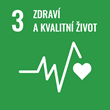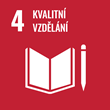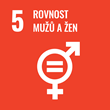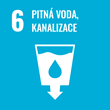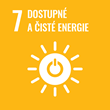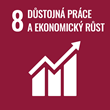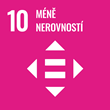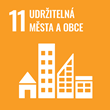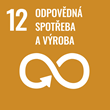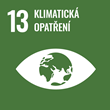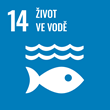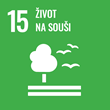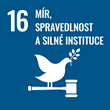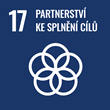
Informace o projektu
Outdoor Adventure Education through Physical Education
(OutAdvEd)

- Kód projektu
- KA220-HED-A9CBE8E0
- Období řešení
- 12/2022 - 5/2025
- Investor / Programový rámec / typ projektu
-
Evropská unie
- Erasmus+ Klíčová akce 2: Spolupráce na inovacích a výměny osvědčených postupů
- Kooperativní partnerství
- Fakulta / Pracoviště MU
- Fakulta sportovních studií
- Spolupracující organizace
-
University of Luxembourg
This project is aimed at supporting educators in facilitating an innovative OAE curriculum as a way of supporting young people’s SEL. Development of social and emotional skills such as setting goals, building positive relationships, and managing emotions can contribute to students’ academic performance, reduced stress, and improved positive attitudes (Durlak, Weissberg, Taylor, & Schellinger, 2011). In 2018, the World Health Organisation (WHO) advocated that 264 million people across the globe live with an anxiety disorder. The WHO report also advocates from a global perspective that a fifth of children and adolescents have mental health difficulties (WHO 2018). Sport and outdoor adventure based learning have been attributed as a positive way of addressing mental health issues (Peacock & Brymer, 2018) and improving wellbeing (Kaiseler, Kay & McKenna, 2019). Outdoor education has been found to significantly improve SEL (Ee & Ong, 2014) thus supporting the notion that OAE has the potential to be an effective medium for SEL intervention. The ‘umbrella’ term OAE combines Outdoor Education (OE) and Adventure Education (AE). AE is primarily concerned with the development of interpersonal and intrapersonal relationships. OE is closely linked to AE, it follows experiential learning approaches and tends to encompass activities that take place in a natural setting (Stiehl & Parker, 2005) or involves participation in the natural environment (Bunting, 2006). Attributes of AE such as developing an ability to work well with others, learning to problem solve and build trust are among key foci of adventure-based learning approaches, all of which align strongly with SEL frameworks as noted above.
Cíle udržitelného rozvoje
Masarykova univerzita se hlásí k cílům udržitelného rozvoje OSN, jejichž záměrem je do roku 2030 zlepšit podmínky a kvalitu života na naší planetě.


